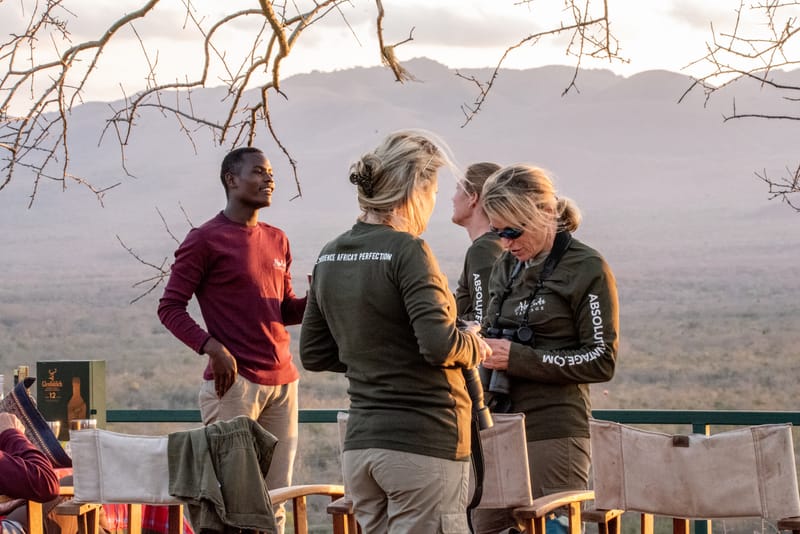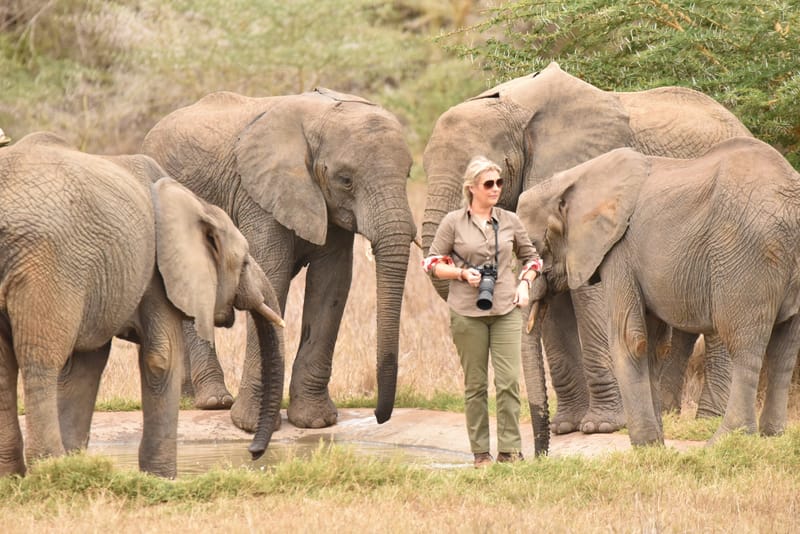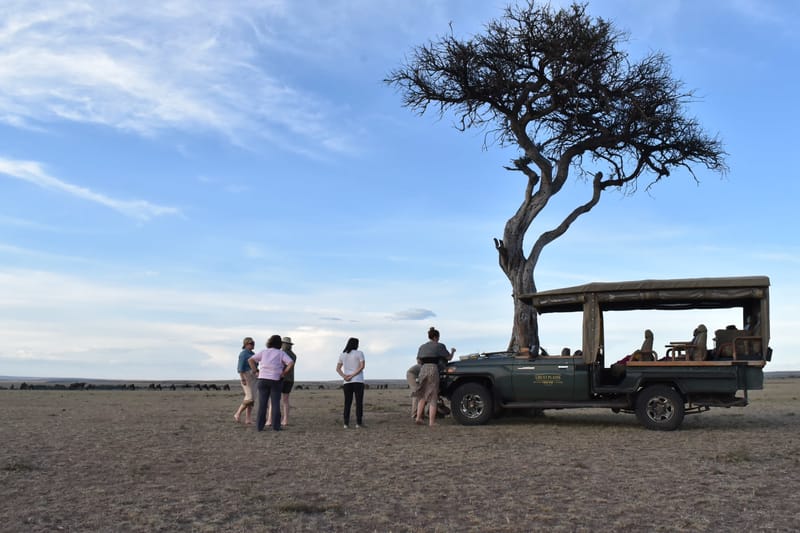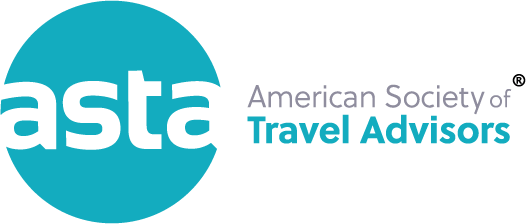Experience Africa's Perfection
Tailored luxury safaris across Africa — where wildlife, culture, and conservation converge.
SAFARI CATALOGUE
WHY TRAVEL WITH US

Luxury, Personalized Service
At Absolute Vantage Ltd, we believe true luxury lies in the details. From the moment you begin planning with us, our dedicated safari consultants and expert guides provide tailored attention to ensure every aspect of your journey is seamless. We remain in close contact from your first inquiry until your farewell at the airport, anticipating your needs at every step. By keeping our groups intentionally small, we deliver a level of care that fosters meaningful connections and transforms clients into lifelong friends. Your comfort, satisfaction, and peace of mind are always our highest priority.

Conservation at Heart
Our safaris go beyond game drives — they connect you to Africa’s most inspiring conservation work. From the Sheldrick Wildlife Trust (Nairobi Nursery, Umani Springs, Ithumba, and Galdessa) to Ol Pejeta Conservancy, where you’ll meet the last two northern white rhinos, and Laikipia and Mara conservancies pioneering community-led wildlife protection, every journey supports lasting impact. Guests can also engage in unique activities such as lion tracking with researchers, rhino monitoring, and visits to cultural projects that sustain local communities.
Your Safari, Meticulously Planned
Our headquarters in Nairobi, Kenya, is home to a dedicated team of safari professionals who meticulously design every detail of your journey. From your first conversation with us until your return flight home, you’ll enjoy round-the-clock support and concierge-style care. We pride ourselves on delivering truly personalized attention, ensuring every transfer, activity, and accommodation flows seamlessly. At the heart of it all is our signature Kenyan hospitality — warm, genuine, and unforgettable — a hallmark of every Absolute Vantage safari.
Expertise You Can Trust
Accompanying you on your safari, one of our expert guides will brief you on your travel itinerary while sharing their extensive knowledge of Africa's diverse flora and fauna. Our guides are consummate professionals, known for their flexibility and openness, adapting to your preferences to ensure a truly personalized journey. With years of experience in safari guiding and natural resource management, each Absolute Vantage guide holds an accreditation in Wildlife Management, Hospitality, Tourism, Environmental Studies, or a related natural resource program, ensuring your experience is both insightful and enriching.

Seamless Logistics
From VIP airport assistance and private charters to 24/7 concierge-style support, every detail is managed with precision so you can simply relax and immerse yourself in Africa’s beauty.

Member of the American Society of Travel Advisors (ASTA)
We’re proud members of the American Society of Travel Advisors (ASTA), upholding rigorous professional and ethical standards in travel planning. As ASTA members, we follow industry-leading best practices, consumer protection standards, and a strict code of ethics—so your trip is planned with professionalism, transparency, and care.
For Travel Tips And Tricks
Follow Us On Social Media
GET IN TOUCH
- Absolute Vantage Limited
- P.O.Box 15541 - Postal Code 00509 Hill Crest Close, Off Hill Crest Road, Karen, Nairobi, Kenya